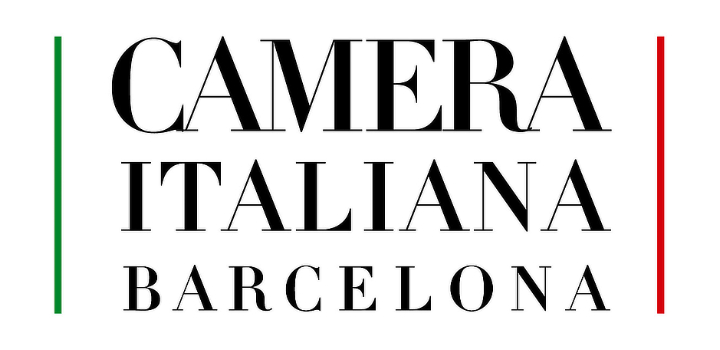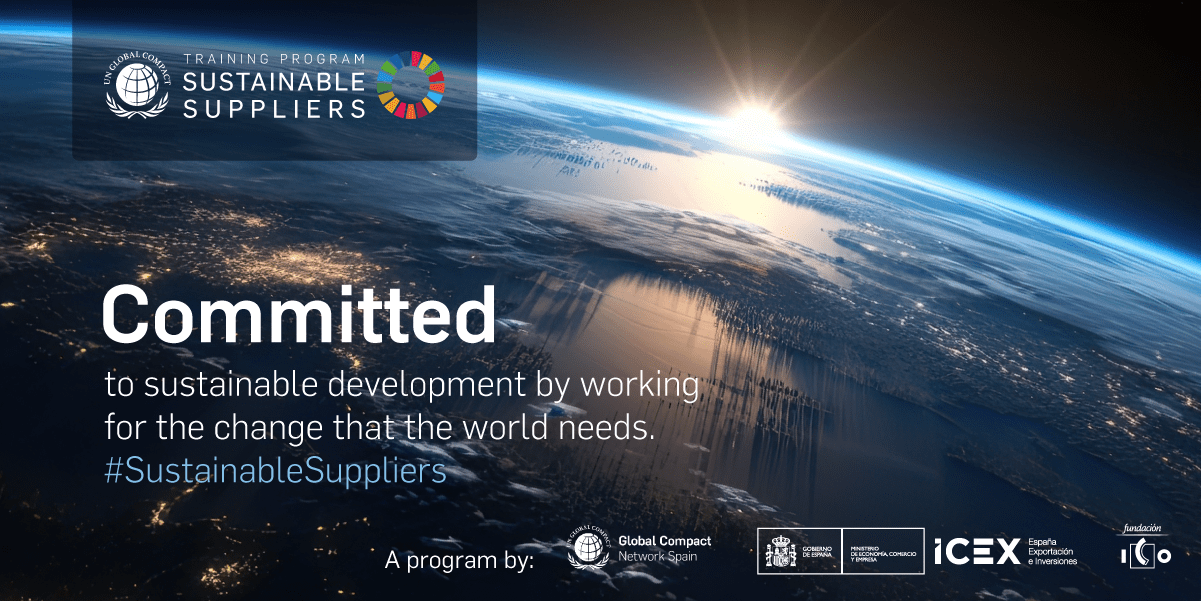If you are wondering how to translate a webpage, it is highly likely that you are thinking of having, or already have, a strategy of internationalisation for your business. In this case, there are some important issues that you must consider in terms of languages of new markets. Yes it is well known that automatic solutions exist, and even free ones, but if you really want to conquer your market we would not recommend these solutions to you at all. We will now show you two good examples of the things that can happen if you do use the automatic ones, and show you how your brand can become perceived as something negative by a new market:
A Spanish business specialising in olive oil thought they were reaching the Russian market. The automatic translator used a term in the Russian language that did not make any reference to the product in the slightest; something along the lines of “industrial and combustible fuel”. Obviously, the aim of reaching the new market vanished with this, because the people did not want to consume a supposed “olive oil” that had been advertised in their language as something for vehicles.
A company that tried to reach potential markets in Slavic countries initially turned to a professional translator. The webpage remained well adapted to the culture of the place and had been obtaining good profits. However, the managers decided to change the design and the content that followed no longer required these professional translation services and could be implemented with an automatic translator. What happened was that with translating directly from Spanish, in which the use of “tú” to talk to the client is frequent, came a decrease in sales in the international market. This was owed to a cultural difference, as addressing people who you do not know directly as “tú” is impolite and generally creates a bad perception of the business.
How to translate a webpage well: the keys to internationalisation and success
Taking into account the earlier examples and now with learned lessons, it is very likely that you are now wondering what the correct process is for opening new markets on your online website. That is to say, what you must know about how to translate a webpage well in order to conquer your potential new market and how to make your plan for internationalisation a true success.
- Ensure that your webpage has an adecuate design in order to be able to generate newly-translated webpages adapted to the new market, or consider a creation of a webpage exclusively for the said language, in case the type of product or services, or the general strategy, is going to be different.
- Recruit qualified personnel for the translation of every bit of content on your webpage. Only with this can you assure yourself that everything you wish to convey effectively in English is achieved in the other language(s). On many occasions, cultural adaptations are necessary, and, in other cases, slogans and persuasive phrases require the translator’s creative angle in order to achieve a result that every business hopes to achieve: to sell in their new market.
BBLTranslation: your mentor of webpage translation
Our business has years of experience in the translation and interpretation market. We have experts in different sectors that offer businesses specific solutions for their services of internationalisation in different markets. If you really want to make a good impression, and you are always looking to do a good job, we are the company you need.
You can consult us without obligation to get a quote for translating a webpage. Our rates adapt to the requirements of each project and have different variations depending on the number of pages, the quantity of words per page, as well as the number of edits you want the text to have.





Comments are closed.